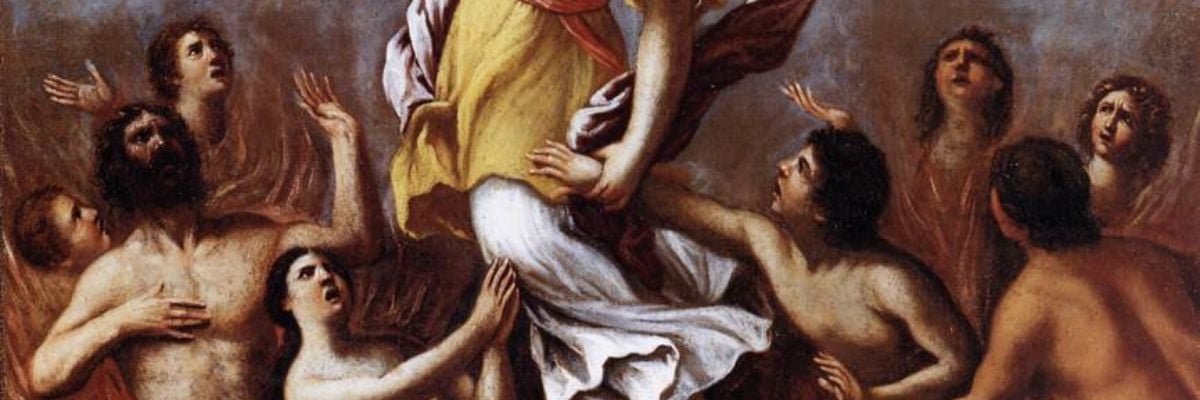Votar Roja
Diamond Member
- Sep 11, 2023
- 3,095
- 3,030
- 1,893
- Banned
- #1
Purgatory Explained - by Scott Hahn
This is an excerpt from The Journey Home Youtube video : interview of Scott Hahn -- A Presbyterian Minister Who Became Catholic.Most people, including Catholics sadly, do not really understand Purgatory correctly

 “for one who entered His rest has himself also rested from his works as God did from his.” Have you entered the rest of Christ?
“for one who entered His rest has himself also rested from his works as God did from his.” Have you entered the rest of Christ? “they washed (purged) their robes and made them white in the blood of the lamb.”
“they washed (purged) their robes and made them white in the blood of the lamb.” 

